Both sets of communities are poor, Fr. Wafula told ACI Africa, adding that their situation has been made dire by the El-Nino floods.
He said that three weeks into the flooding, the small farmers in Wenje Catholic mission had already felt the pinch of the floods as their maize, banana and vegetable farms had already been carried away.
 Credit: Holy Ghost Fathers/Kenya/Fr. Fredrick Elima Wafula
Credit: Holy Ghost Fathers/Kenya/Fr. Fredrick Elima Wafula
“The farmers’ temporary shades had been destroyed but lucky enough they all had moved to the higher grounds near the church compound where they have shanty houses whenever they are not on their farms,” he said.
The Spiritan Priest who has overseen the establishment of Fr. Noel O’Meara Wenje Catholic Health Facility added, “The pastoral communities started pitching temporal housing along the roads with their animals to settle down not to move around during the massive rainy season.”
(Story continues below)
 Credit: Holy Ghost Fathers/Kenya/Fr. Fredrick Elima Wafula
Credit: Holy Ghost Fathers/Kenya/Fr. Fredrick Elima Wafula
Meanwhile, water was filling the Spiritan residence, Fr. Wafula said, and continued, “The entire forest area next to the river was all flooded and at this time we could not access the river. The boat had been moved upward.”
Luckily, he says, the Catholic mission is built at a raised ground, and it would take a while before water found its way into the fist of the houses.
 Credit: Holy Ghost Fathers/Kenya/Fr. Fredrick Elima Wafula
Credit: Holy Ghost Fathers/Kenya/Fr. Fredrick Elima Wafula
Fr. Wafula has told ACI Africa that he had barely settled at the Provincial Chapter that kicked off on November 26 at Nairobi’s Resurrection Garden when he started receiving reports of flooding at the mission residence. Water was already rising in one of the staff houses and in the Priests’ residence.
“The staff made frantic calls on their next move,” he recalled in the interview with ACI Africa.
He added, “I had to call in the youths of the parish, who helped and saved a lot! They moved many to safety. Meanwhile, the staff had to sleeplessly spend a night at the watchman’s gate house as they monitored and watched the water filling up the entire compound over-night.”
 Credit: Holy Ghost Fathers/Kenya/Fr. Fredrick Elima Wafula
Credit: Holy Ghost Fathers/Kenya/Fr. Fredrick Elima Wafula
Fr. Wafula says that he had to make arrangements to resettle staff at the mission, especially after he received reports that crocodiles, hippopotamus, and snakes from the river had infested the residence.
Fr. Wafula had attended a preparedness meeting that had been organized by Kenya’s National Disaster Management Unit (NDMU) and County Special Programs Department as the East African nation prepared for the El-Nino rains. Skills from the meeting helped him to handle the situation at the mission after he left the Provincial Chapter in Nairobi.
 Credit: Holy Ghost Fathers/Kenya/Fr. Fredrick Elima Wafula
Credit: Holy Ghost Fathers/Kenya/Fr. Fredrick Elima Wafula
“It was difficult to reach the house. First, we were cut off by a flooding stream a few kilometers from the house with water almost two meters high. Using my long-term skills to cross dangerous rivers, I risked and successfully drove through,” he said.
Back at the mission, Fr. Wafula came face to face with the damage that had been caused by the floods.
“All rooms were full of water,” he says, and adds, “While most items had been secured upstairs, a number had been destroyed. The machines outside the compound had been submerged in water. Among these is the tractor that we aren’t sure if it will work again.”
 Credit: Holy Ghost Fathers/Kenya/Fr. Fredrick Elima Wafula
Credit: Holy Ghost Fathers/Kenya/Fr. Fredrick Elima Wafula
Fr. Wafula sighed with relief on December 2 when he started to see the water receding. What’s left is a lot of mud in all the rooms at the residence that requires a lot of work to clean.
Although the celebration of the Eucharist is resuming in most outstations of the Catholic mission, a few still remain inaccessible, and have missed pastoral care for over a month, the Kenyan Spiritan Priest has told ACI Africa.
Effects of flooding in Tana River have been massive, and range from loss of livelihoods, health concerns and the imminent human-wildlife conflict.
“Some dangerous animals have moved from their habitats and are likely to attack people. Hippos, crocodiles, wild dogs and snakes are likely to cause more harm,” Fr. Wafula says.
 Credit: Holy Ghost Fathers/Kenya/Fr. Fredrick Elima Wafula
Credit: Holy Ghost Fathers/Kenya/Fr. Fredrick Elima Wafula
He adds that the situation in all other Catholic Parishes of Garissa Diocese has been dire. He explains, “Emmaus church and its residence was the first to be struck by flooding waters, spending chilling nights outside the compound. Bura has its people camping in schools for two weeks. Wajir Parish is totally inaccessible due to bridge collapse. Hola Parish had the entire town and its outskirts flooded with water in the first weeks of flooding.”
 Credit: Holy Ghost Fathers/Kenya/Fr. Fredrick Elima Wafula
Credit: Holy Ghost Fathers/Kenya/Fr. Fredrick Elima Wafula
Fr. Wafula has expressed gratitude to individuals and organizations reaching out to help the people of God affected by the floods, especially at St. John the Baptist Wenje Catholic mission, saying, “I appreciate the immediate response from Misean Cara Ireland and NLW Germany and Austria for helping us feed our people and provide medical supplies.”
“The situation is still wanting and any help countrywide and worldwide will be appreciated,” he told ACI Africa in the December 5 interview.
ACI Africa was founded in 2019. We provide free, up-to-the-minute news affecting the Catholic Church in Africa, giving particular emphasis to the words of the Holy Father and happenings of the Holy See, to any person with access to the internet. ACI Africa is proud to offer free access to its news items to Catholic dioceses, parishes, and websites, in order to increase awareness of the activities of the universal Church and to foster a sense of Catholic thought and culture in the life of every Catholic.
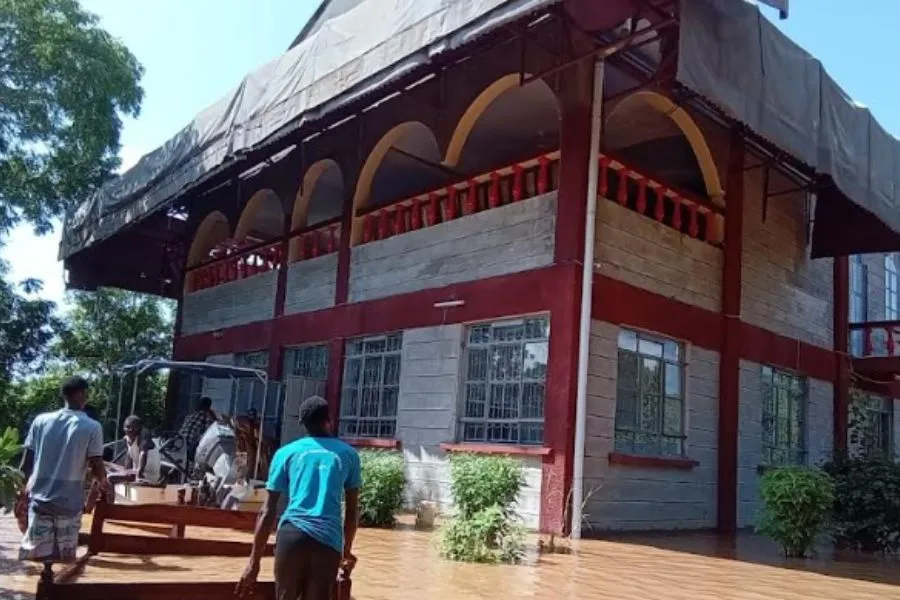 Credit: Holy Ghost Fathers/Kenya/Fr. Fredrick Elima Wafula
Credit: Holy Ghost Fathers/Kenya/Fr. Fredrick Elima Wafula


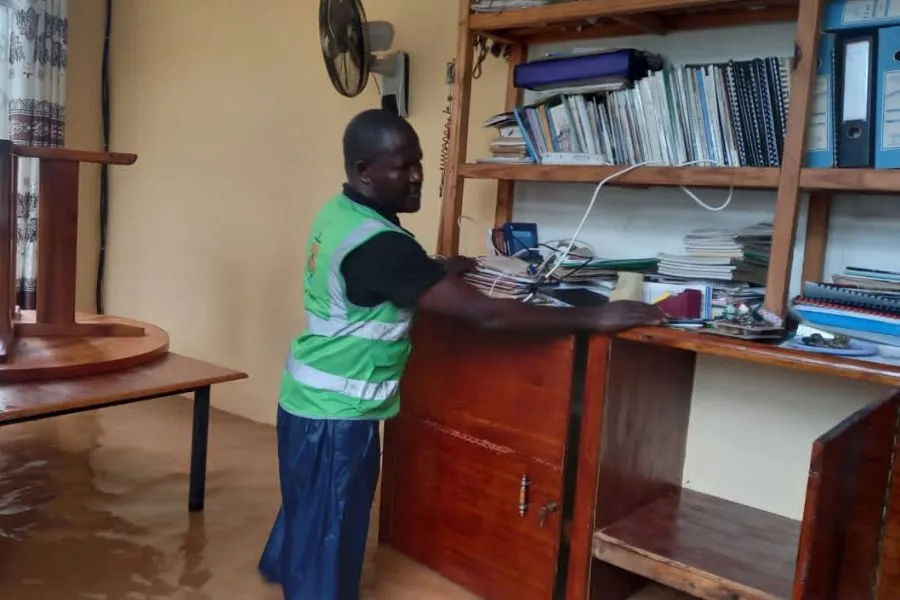
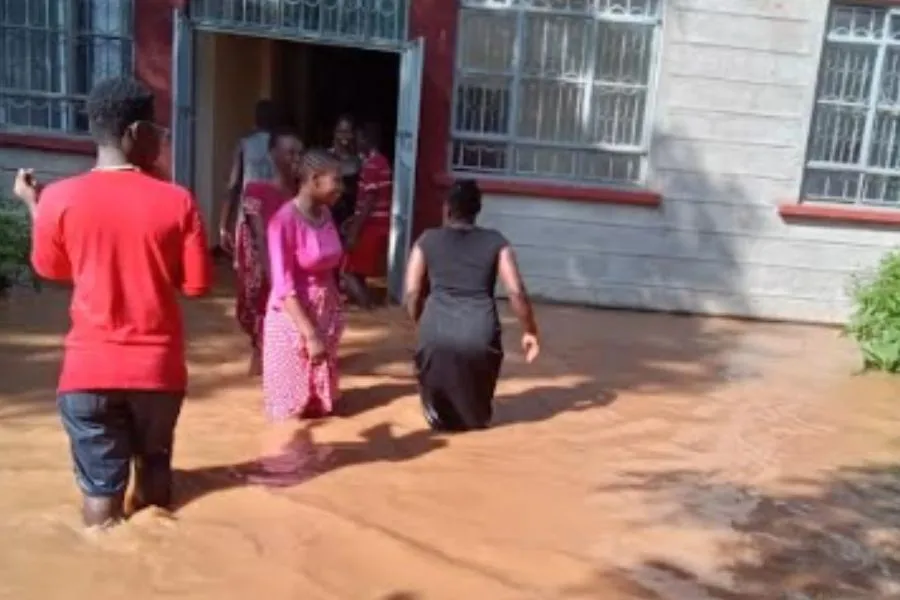 Credit: Holy Ghost Fathers/Kenya/Fr. Fredrick Elima Wafula
Credit: Holy Ghost Fathers/Kenya/Fr. Fredrick Elima Wafula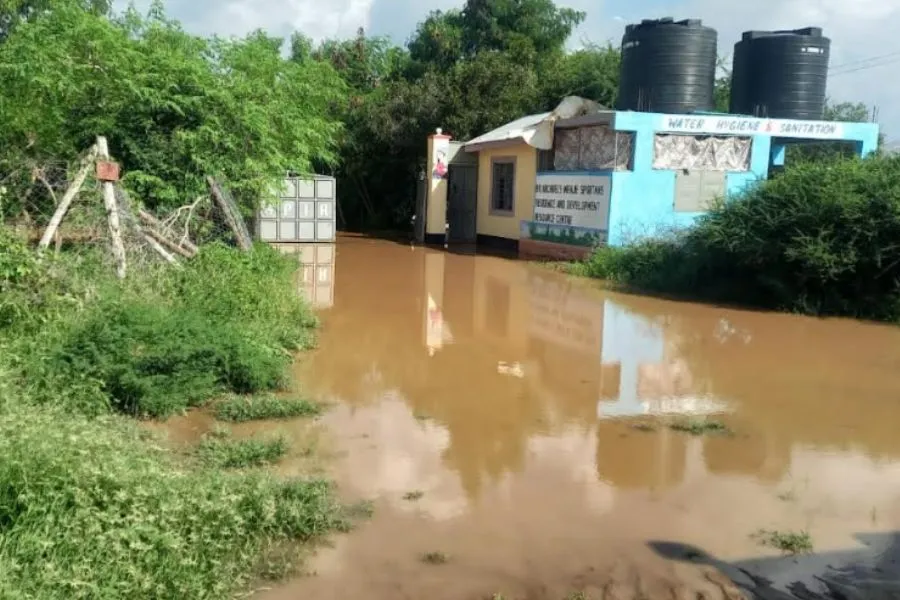 Credit: Holy Ghost Fathers/Kenya/Fr. Fredrick Elima Wafula
Credit: Holy Ghost Fathers/Kenya/Fr. Fredrick Elima Wafula
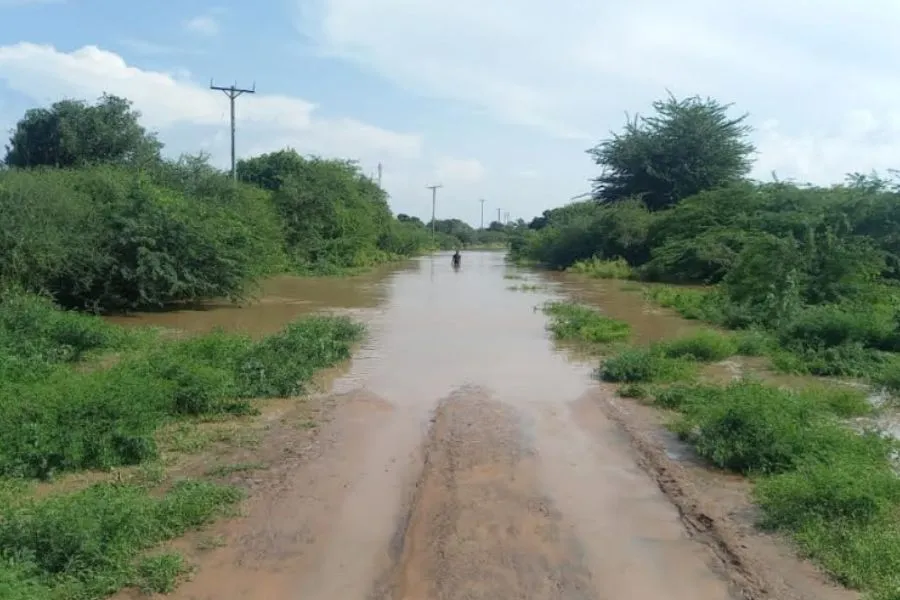 Credit: Holy Ghost Fathers/Kenya/Fr. Fredrick Elima Wafula
Credit: Holy Ghost Fathers/Kenya/Fr. Fredrick Elima Wafula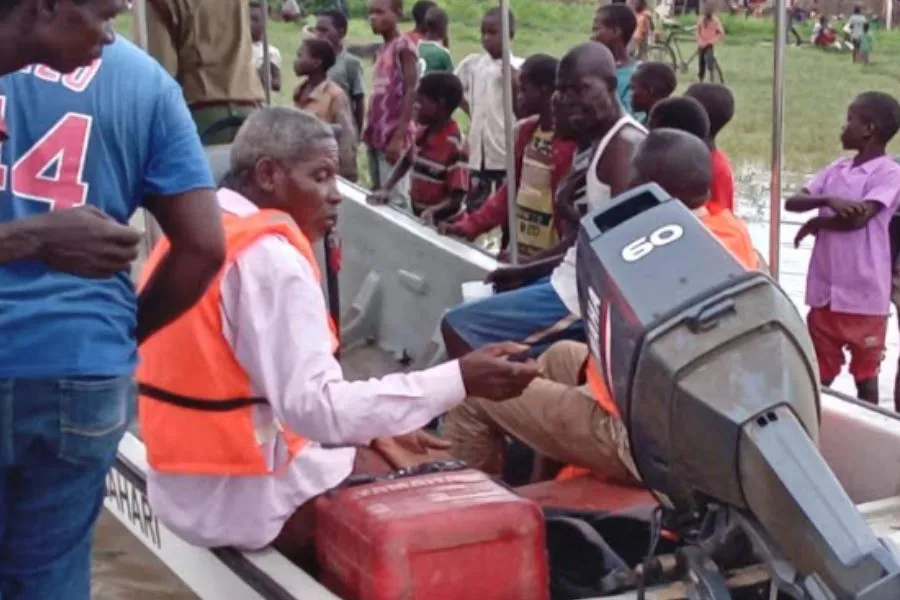 Credit: Holy Ghost Fathers/Kenya/Fr. Fredrick Elima Wafula
Credit: Holy Ghost Fathers/Kenya/Fr. Fredrick Elima Wafula Credit: Holy Ghost Fathers/Kenya/Fr. Fredrick Elima Wafula
Credit: Holy Ghost Fathers/Kenya/Fr. Fredrick Elima Wafula Credit: Holy Ghost Fathers/Kenya/Fr. Fredrick Elima Wafula
Credit: Holy Ghost Fathers/Kenya/Fr. Fredrick Elima Wafula Credit: Holy Ghost Fathers/Kenya/Fr. Fredrick Elima Wafula
Credit: Holy Ghost Fathers/Kenya/Fr. Fredrick Elima Wafula Credit: Holy Ghost Fathers/Kenya/Fr. Fredrick Elima Wafula
Credit: Holy Ghost Fathers/Kenya/Fr. Fredrick Elima Wafula Credit: Holy Ghost Fathers/Kenya/Fr. Fredrick Elima Wafula
Credit: Holy Ghost Fathers/Kenya/Fr. Fredrick Elima Wafula Credit: Holy Ghost Fathers/Kenya/Fr. Fredrick Elima Wafula
Credit: Holy Ghost Fathers/Kenya/Fr. Fredrick Elima Wafula Credit: Holy Ghost Fathers/Kenya/Fr. Fredrick Elima Wafula
Credit: Holy Ghost Fathers/Kenya/Fr. Fredrick Elima Wafula Credit: Holy Ghost Fathers/Kenya/Fr. Fredrick Elima Wafula
Credit: Holy Ghost Fathers/Kenya/Fr. Fredrick Elima Wafula


